24/7 Helpline:
(866) 899-221924/7 Helpline:
(866) 899-2219
Learn more about Residential Rehab centers in Howard County
Residential Rehab in Other Counties

Other Insurance Options

Carleon

Sliding scale payment assistance

State Farm

Holman Group

Providence

Cigna

Evernorth

Multiplan

AllWell

Horizon Healthcare Service

EmblemHealth

CareSource

Self-pay options

Access to Recovery (ATR) Voucher

Health Partners

Humana

United Health Care

Optum

Lucent

Molina Healthcare

The Gilead House
The Gilead House is a Non-Profit rehab center located in Indianapolis, IN. The Gilead House speciali...

Four County Counseling Center
4C Health Solutions is a dual diagnosis behavioral health treatment center located in Kokomo, IN. Wi...

First City Recovery Center
Freedom is within reach at First City Recovery Center. Based out of Kokomo, Indiana, FCRC offers a f...

Community Howard Behavioral Health Services
Community Howard Behavioral Health Services offers the complete realm of behavioral care to treat th...



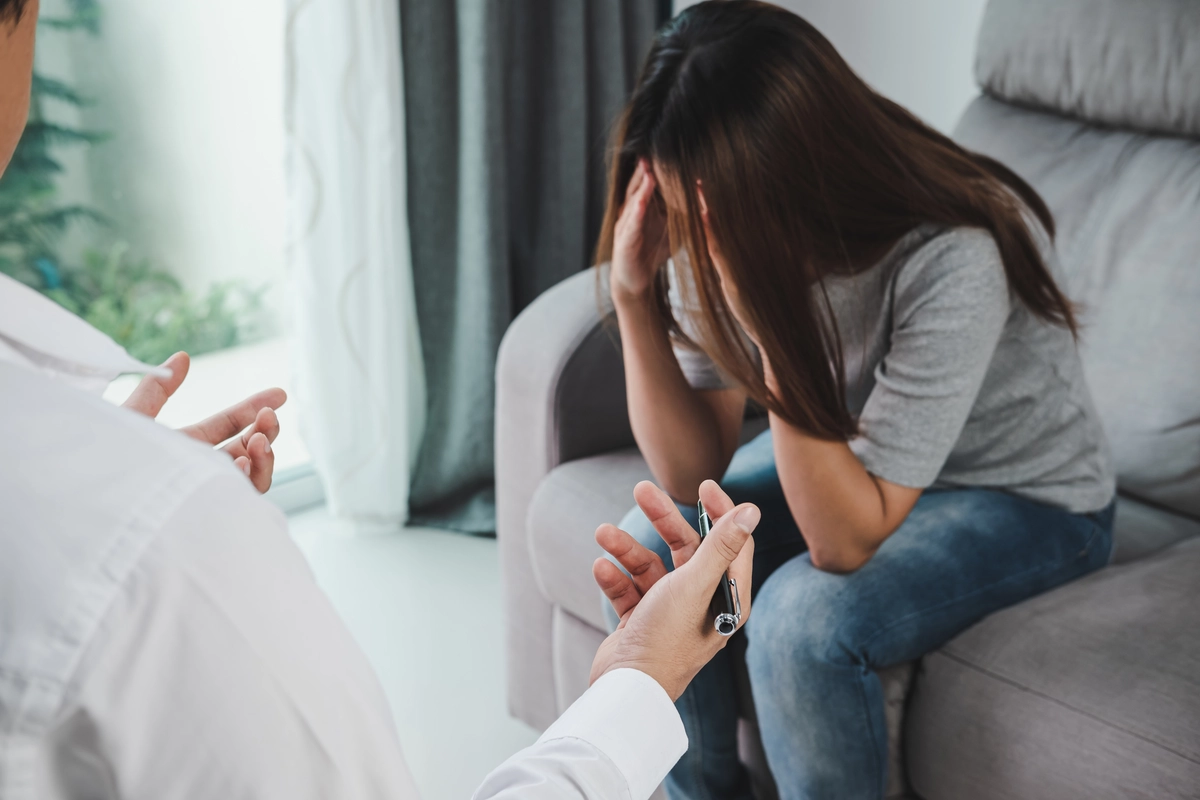












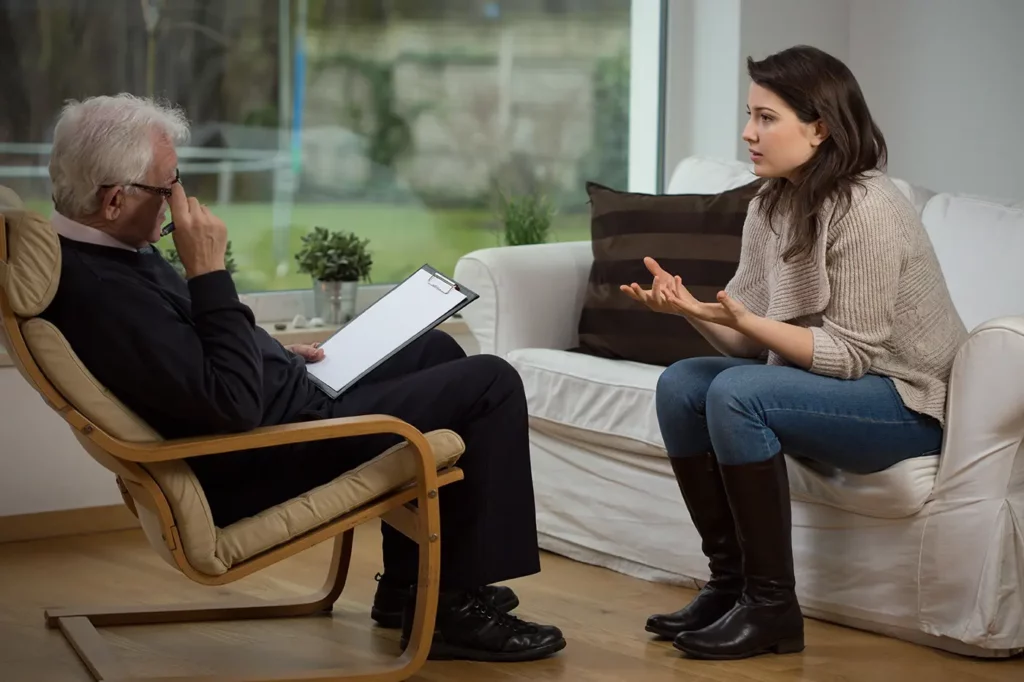




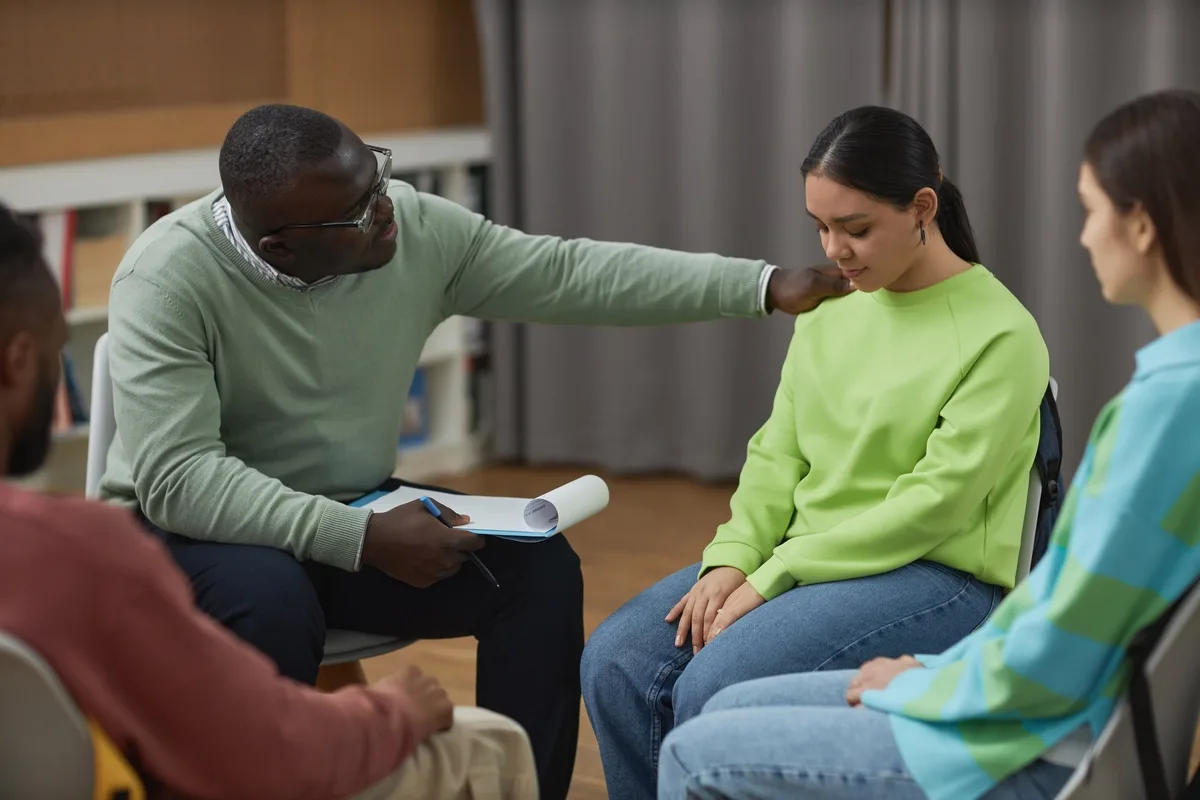



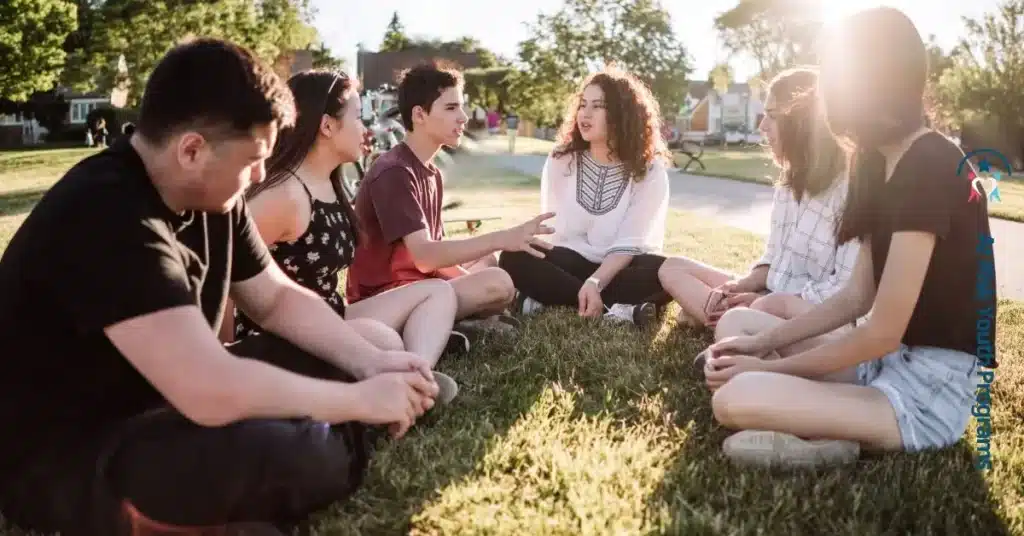


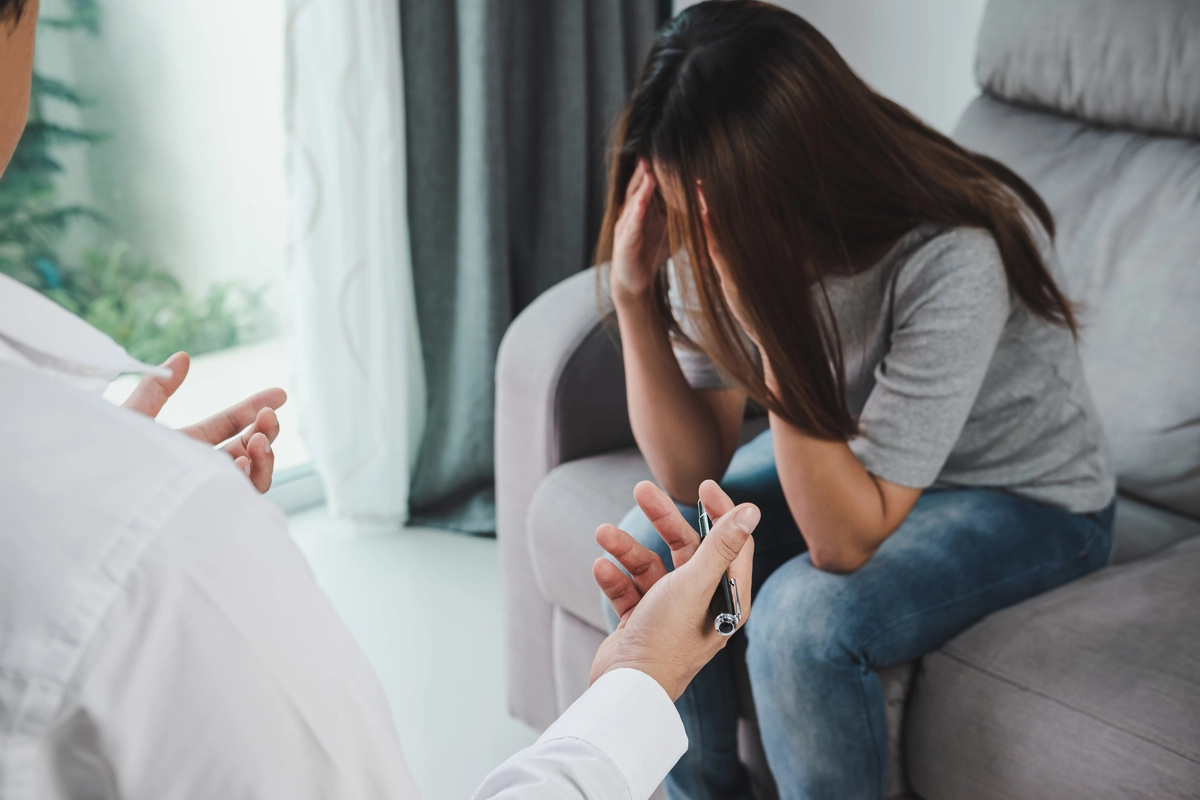

AA – Alcoholics Anonymous
AA – Alcoholics Anonymous is a private rehab located in Kokomo, Indiana. AA – Alcoholics Anonymous s...















